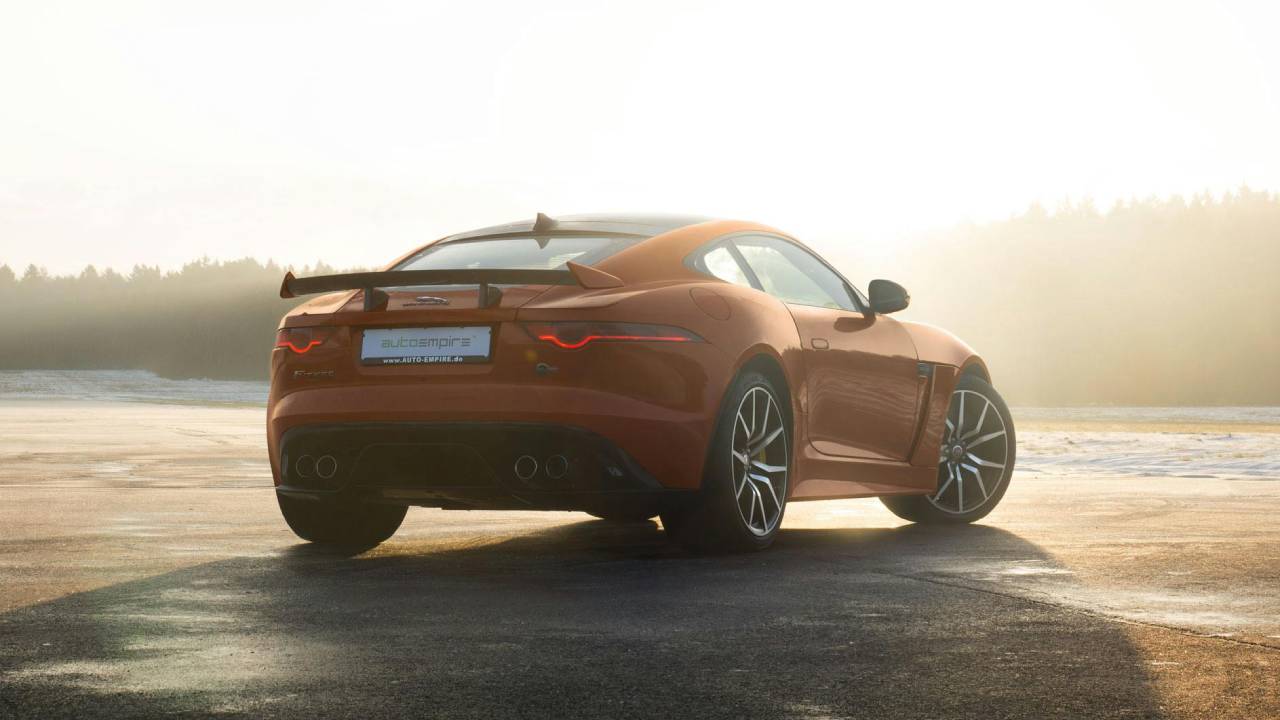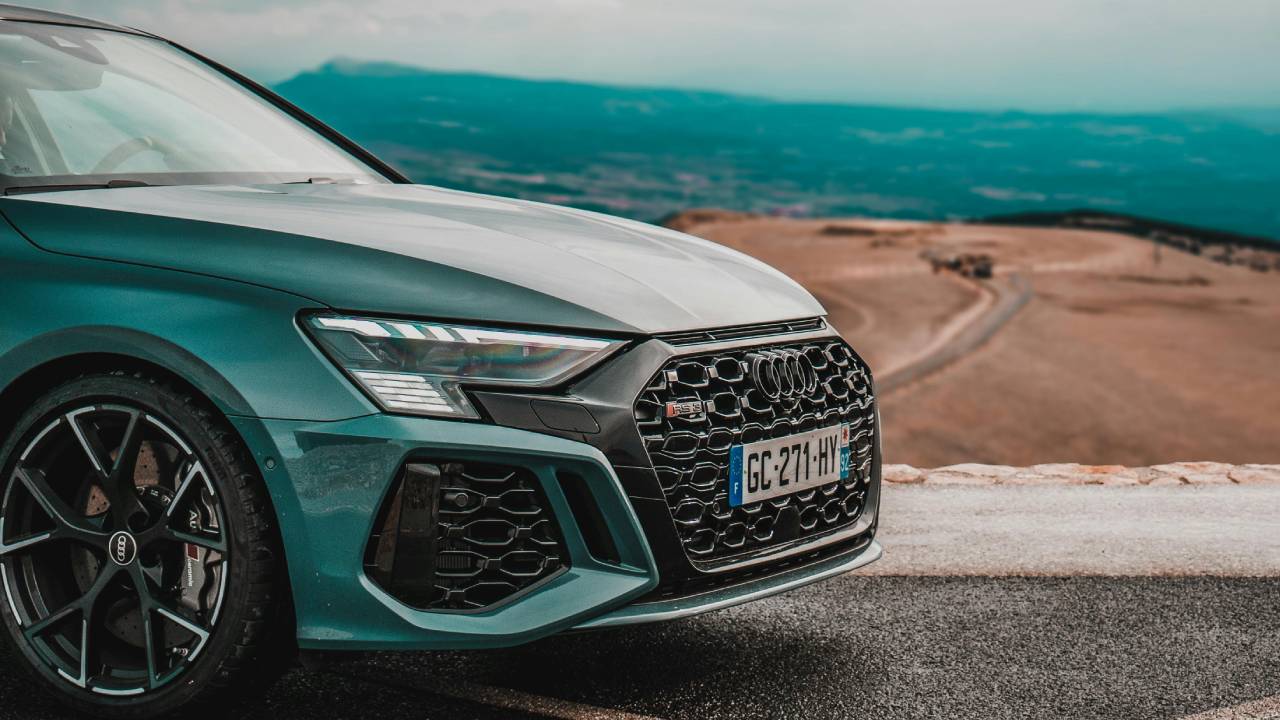Luxury cars have always represented the pinnacle of engineering, design, and status. But as we edge closer to 2025, the luxury auto industry stands on the brink of transformations rooted in cutting-edge technology, sustainability, and changing consumer preferences. For auto enthusiasts, tech-savvy buyers, and discerning luxury car owners, these changes mean a future where luxury vehicles are not only symbols of prestige but also leaders in innovation and eco-consciousness.
What does this next chapter hold for luxury cars? From autonomous tech to sustainable designs, this blog dives deep into the trends shaping the road ahead for the world’s most revered vehicles.
A Look Back: The Evolution of Luxury Cars
Luxury cars have come a long way since their inception. Historically, they have been defined by impeccable craftsmanship, opulent interiors, and powerful engines. Their purpose was clear—comfort, performance, and exclusivity. The 20th century saw brands like Rolls-Royce, Mercedes-Benz, and Bentley rise as symbols of wealth and status.
But the evolution of technology has reshaped what defines “luxury.” Advances in safety features, entertainment systems, and performance capabilities have transformed luxury vehicles into tech marvels. Innovations like GPS navigation, adaptive cruise control, and premium infotainment systems—previously considered groundbreaking—are now standard in this segment. Today, luxury isn’t just about superior materials or a roaring engine; it’s about delivering a seamless, connected, and futuristic experience.
Current Trends Shaping Luxury Cars Today
Before we focus on what’s next, here’s a snapshot of the trends dominating the luxury car market in 2023:
1. Electric and Hybrid Drive Systems
Luxury automakers such as Tesla, Porsche, and BMW have shifted their focus toward electric and hybrid technologies. Models like the Porsche Taycan and Tesla’s Model S Plaid combine breathtaking performance with zero emissions, showing that eco-consciousness and excitement can coexist.
2. Minimalist Yet Luxurious Interiors
Design preferences are moving toward sleek, minimal interiors while maintaining the ultimate luxury. Large touchscreens, voice controls, and clutter-free dashboards are in vogue, as seen in vehicles like the Mercedes-Benz EQS and Lucid Air.
3. ADAS (Advanced Driver Assistance Systems)
Safety-first is becoming non-negotiable in luxury vehicles. Pre-collision warning systems, lane-keeping assists, and 360-degree cameras are now integral parts of premium cars, blending safety with a luxury-first experience.
4. Personalization
Luxury car buyers value exclusivity. Customizable options, from hand-stitched leather seats to bespoke exterior paint schemes, allow customers to own a truly unique masterpiece.
2025 and Beyond: Predictions for Luxury Cars
1. Electric and Hybrid Domination
With increasing government regulations and consumer demand for sustainable alternatives, the luxury car market is heading toward complete electrification. By 2025, most luxury brands are likely to have an all-electric or hybrid portfolio. Expect vehicles boasting 500+ miles of range, hyper-fast charging, and integrated solar panels for supplementary energy. Brands like Bentley and Lamborghini, traditionally hyper-powered gas guzzlers, have already announced plans for electrified lineups by mid-decade.
2. Self-Driving Cars on the Horizon
Autonomous driving is no longer science fiction. By 2025, luxury vehicles will likely push toward higher levels of autonomy (Level 4 or Level 5), which means minimal driver intervention. Cars like the Tesla Model X and Audi’s A8 already offer advanced semi-autonomous features, but full autonomy will redefine luxury, allowing occupants to work, relax, or watch movies on their commute.
This revolution in autonomous tech won’t just change how luxury cars operate—it will redefine the user experience entirely.
3. Sustainability Meets Luxury
Sustainability is no longer just a trend; it’s a necessity. Luxury brands are under increasing pressure to deliver eco-friendly vehicles without compromising performance or elegance. Expect interiors crafted from vegan leather, reclaimed wood, or recycled materials, paired with production practices that minimize carbon footprints.
Innovators like BMW and Polestar are already setting benchmarks in sustainable manufacturing. By 2025, these practices will become standard across premium brands.
4. AI and Seamless Connectivity
The smartest luxury cars will feel like an extension of your digital life. Artificial intelligence and cutting-edge connectivity will turn vehicles into personalized smart spaces. From an AI system that preempts your needs (e.g., adjusting the cabin’s temperature based on your mood) to vehicles that sync effortlessly with IoT (think starting your car with a voice command from your living room), the possibilities are endless.
Expect AI-driven features capable of learning your driving behavior, recommending optimal routes, or automatically scheduling vehicle maintenance.
Shifting Ownership Models and Consumer Behavior
Ownership is set to change as luxury car buyers lean into flexibility and convenience over outright ownership. Subscription services, like Porsche Drive or Care by Volvo, are rapidly gaining traction among younger buyers. Why commit to one vehicle when you can access a fleet of premium cars tailored to different occasions?
Additionally, as cities work towards a car-less future, the demand for on-demand luxury mobility solutions may rise. Imagine a Rolls-Royce as a private, autonomous taxi on your terms, arriving just when you need it.
Challenges and Opportunities for Manufacturers
Luxury auto manufacturers face a fine balancing act—meeting consumer expectations for innovation while retaining their traditional identity of exclusivity and refinement. Rapid innovation also brings risks, including financial strains, shorter R&D cycles, and regulatory hurdles (especially with autonomous technology).
However, opportunities abound. Brands at the forefront of sustainability and connectivity can cement their legacy for the next generation. Those who cater to the younger, eco-conscious, tech-savvy audience will thrive in an increasingly competitive market.
Where Are We Headed?
The future of luxury cars is a thrilling one—defined by zero-emission technology, artificial intelligence, advanced automation, and sustainability. 2025 may see the dawn of luxury vehicles that are no longer just status symbols but represent a new wave of mobility and experiential opulence.
And now we want to hear from you! What do you think the future of luxury cars will look like? Share your thoughts in the comments below, or subscribe to our newsletter for more insights into the auto industry.


